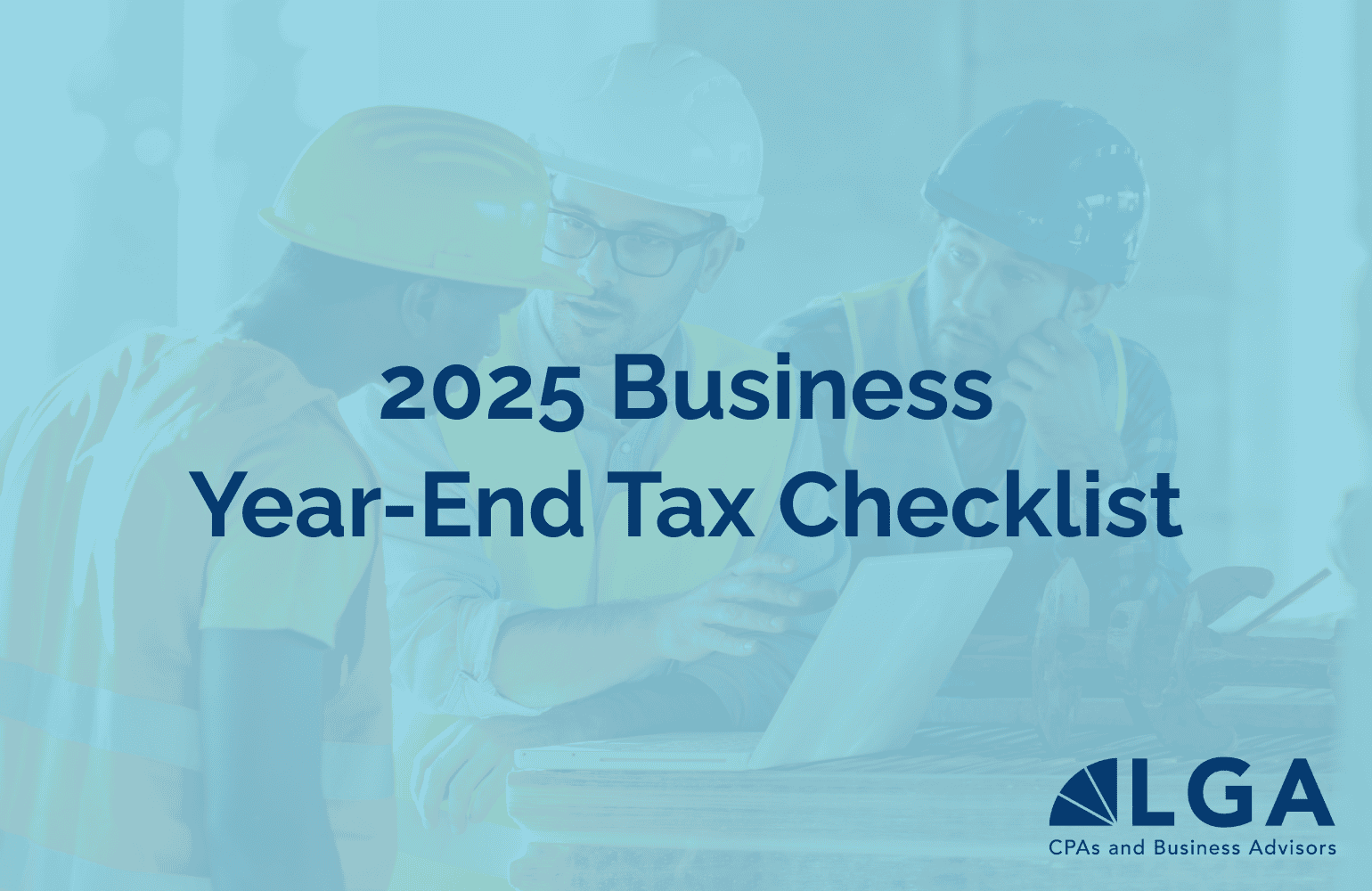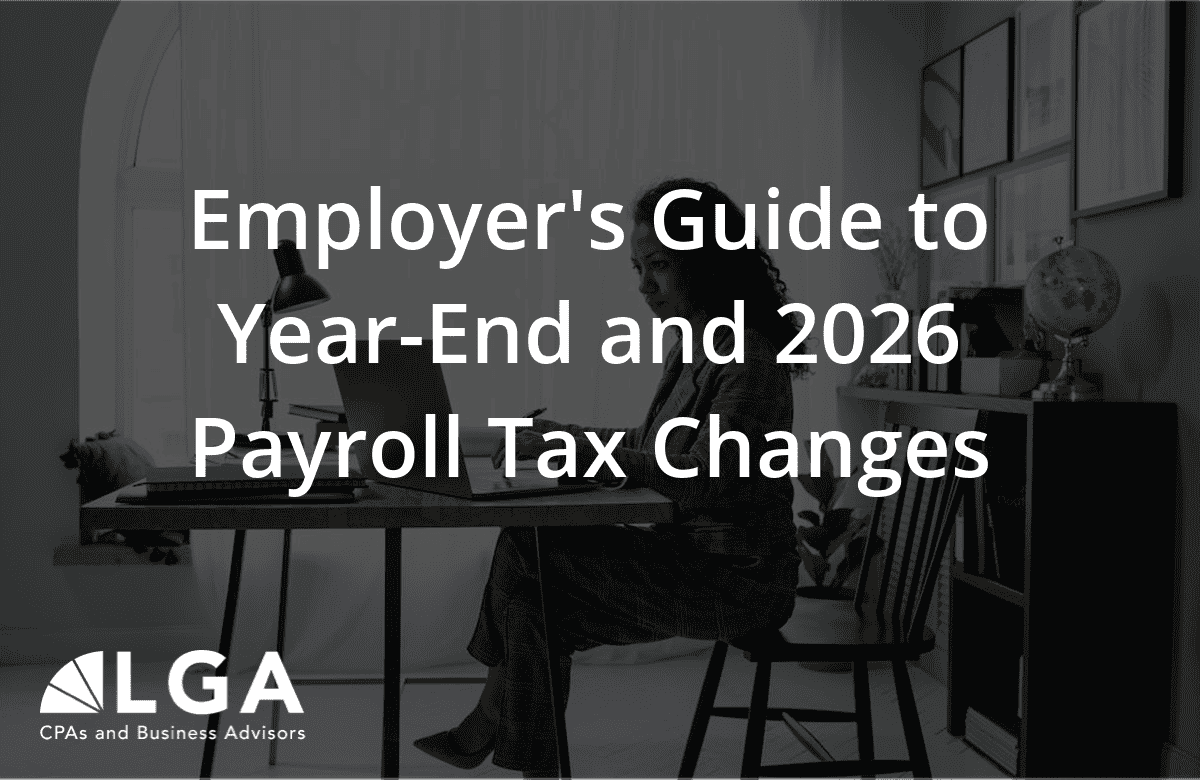
In the digital age, your website transcends being merely an online presence; it becomes a vital gateway to inclusivity and accessibility. It’s crucial for business owners to understand that the Americans with Disabilities Act (ADA) applies not just to physical locations but also to digital spaces, requiring that websites be accessible to individuals with disabilities. An increasing number of businesses are facing costly lawsuits due to non-compliance with ADA standards for their websites. However, there are proactive measures you can take to ensure your website meets ADA requirements. Additionally, to encourage these improvements, the IRS offers tax credits for small businesses undertaking accessibility enhancements, including those for website compliance.
Understanding ADA Compliance
ADA compliance means making your digital presence accessible to all users, including those with disabilities. The Web Content Accessibility Guidelines (WCAG) are the gold standard for ensuring web content is accessible to a broader spectrum of individuals with disabilities.
Legal Risks of Non-Compliance
Non-compliance with ADA standards can lead to significant legal challenges. There have been several high-profile lawsuits:
– A major pizza chain faced a Supreme Court case in 2019 due to their website’s incompatibility with screen-reading software.
– A leading supermarket chain was sued for its website’s inaccessibility to visually impaired users.
Targeted Legal Actions
There’s a growing trend of businesses being charged in lawsuits for having non-ADA-compliant websites, and the size of the businesses being impacted includes many small businesses that might not even be fully aware of the requirements. Some of our small business clients are incurring fines of up to $15,000, plus the costs they have to incur to bring their website into compliance. Not only are these lawsuits costly financially, but they also carry with them the risk of bad publicity and reputational damage.
Please note that some Employment Practice Liability (EPLI) insurance policies are designed to cover these types of lawsuits. However, these policies are limited in their coverage. Business owners should contact their insurance providers to discuss their current coverage and their potential risk and exposure.
Tax Credits for Small Businesses to Make Websites ADA Compliant
An often-overlooked advantage of making your website ADA-compliant is the potential for tax credits. For businesses with revenue under $1MM or those who have fewer than 30 full-time employees in the prior year, the IRS offers a Disabled Access Credit (Form 8826) for small businesses that incur expenses for providing access to persons with disabilities. This includes costs related to ADA compliance on websites. Eligible businesses can receive a tax credit for 50% of the eligible expenditures in a year, up to $10,250 (with a maximum credit of $5,000).
Empowering Accessibility with WordPress Plugins
Even if you’re not tech-savvy, WordPress plugins can help make your website more accessible:
1. UserWay: Offers a variety of accessibility features like color contrast adjustments and text resizing.
2. WP Accessibility Helper: Provides tools for font resizing, color contrast changes, and content scaling.
3. Accessibility Suite by Online ADA: A comprehensive toolkit for ensuring WCAG and ADA compliance.
4. One Click Accessibility: Adds basic accessibility features easily and quickly.
These user-friendly tools can be a starting point in making your website ADA-compliant.
The Business Case for ADA Compliance
– Wider Audience Reach: Over 61 million adults in the U.S. have a disability. An accessible website opens your business to a larger customer base.
– Ethical Responsibility and Brand Reputation: Commitment to inclusivity strengthens your brand and aligns with ethical business practices.
Getting Started with Compliance
1. Audit Your Website: Assess where your site stands in terms of accessibility. Consider speaking with an ADA consultant or webmaster.
2. Implement Changes: Use WordPress plugins, consider changing to an ADA-compliant theme, or talk to a web designer about how to begin improving accessibility.
3. Continuous Improvement: Regularly revisit your website to ensure it remains compliant.
For business owners unfamiliar with ADA compliance for websites, understanding and implementing these changes is crucial for legal, financial, and ethical reasons. It’s about creating an inclusive digital space for all. To dive deeper into ADA compliance, visit ADA National Network.
Learn more About ADA Compliance at Our Cybersecurity and Compliance Webinar – December 14th
LGA, in partnership with RSM, invites you to an essential webinar tailored for cyber security & compliance for businesses. This webinar, happening live on December 14, is your opportunity to step into 2024 with confidence, armed with the latest in cyber defense and compliance strategies. ADA website compliance will be covered in this webinar. Click here to register.






